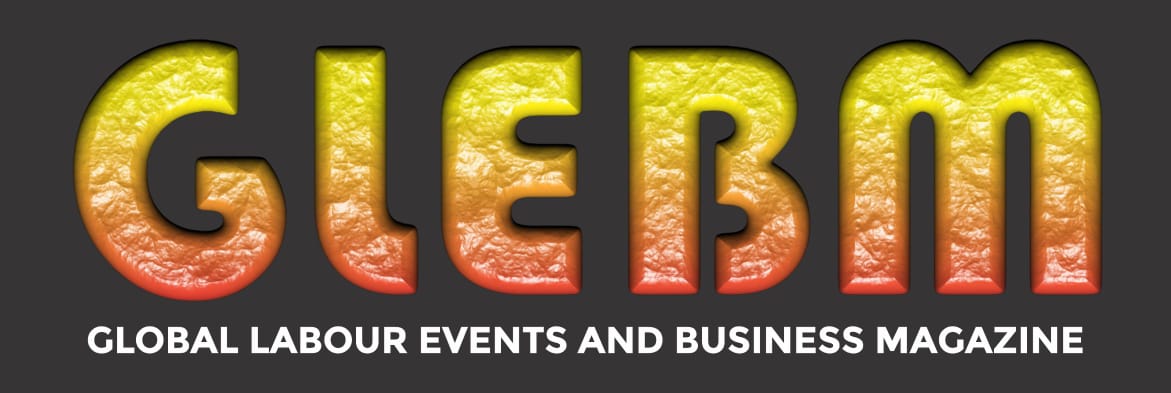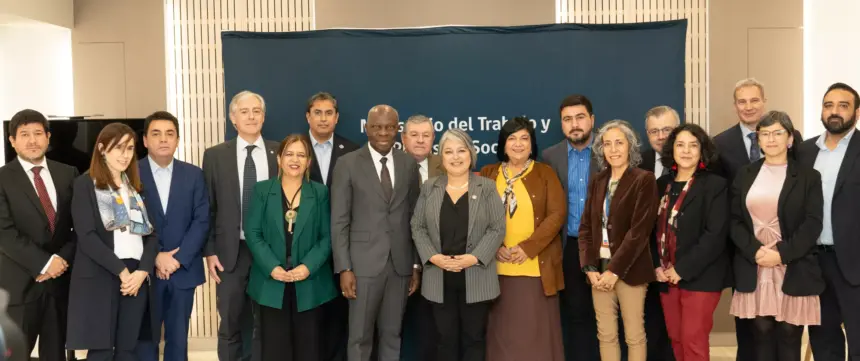By Raymond Akorede
In his inaugural visit to Chile, Gilbert F. Houngbo, Director-General of the International Labour Organization (ILO), emphasized the imperative of promoting social justice to propel progress towards the Sustainable Development Goals (SDGs), particularly SDG 8 concerning decent work and economic growth.
During his mission, conducted on Tuesday, April 30, the Director-General engaged with key stakeholders, including government officials and representatives from both employers’ and workers’ organizations.
Houngbo’s discussions encompassed various crucial topics. He conferred with Chile’s Minister of Labour, Jeannette Jara, and her team on the government’s ongoing pension system reform and the forthcoming implementation of the 40-hour week law. Additionally, they addressed the anticipated adoption of the ILO Violence and Harassment Convention, 2019 (No. 190) in June this year.
Further, the Director-General met with Chile’s Minister of Foreign Affairs, Alberto Van Klaveren, to exchange insights and perspectives.
In separate meetings with representatives from workers’ and employers’ organizations, Houngbo shared insights on the Global Coalition for Social Justice, an initiative in which the Chilean government is an active participant. He underscored the Coalition’s focus on mobilizing global support for social justice and devising innovative solutions to combat escalating challenges such as inequality, employment instability, climate change, and technological advancements.
Additionally, Houngbo participated in an event titled “Towards the Second World Summit for Social Development: Scaling up Global Efforts to Achieve the 2030 Agenda,” jointly organized by the ILO and the Economic Commission for Latin America and the Caribbean (ECLAC). The event drew distinguished personalities including Amina Mohammed, Deputy Secretary-General of the United Nations, and José Manuel Salazar-Xirinachs, ECLAC Executive Secretary.
Addressing the delegates, the Director-General highlighted the crucial role of the upcoming Second World Summit for Social Development, slated for 2025, in expediting progress towards the SDGs and the 2030 Agenda. Reflecting on the influence of the First World Summit for Social Development held in 1995, he stressed the necessity for the forthcoming summit to yield even more impactful outcomes. Houngbo urged robust support from the United Nations to ensure an inclusive and action-oriented summit, emphasizing the need to transform dialogue into tangible results.




